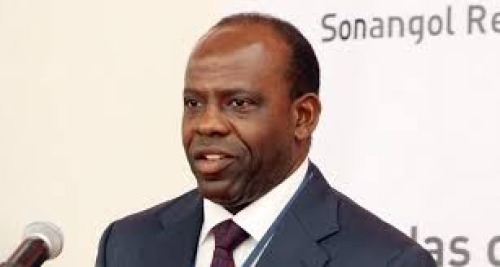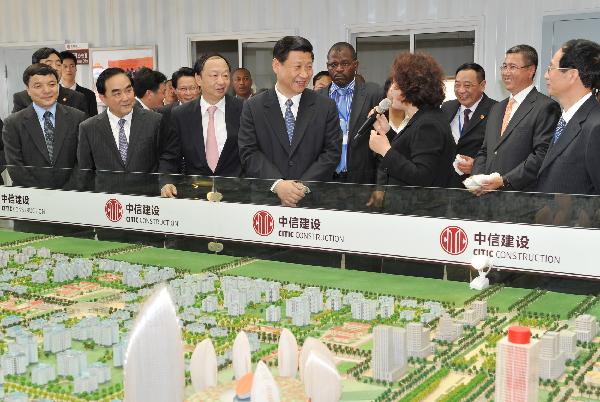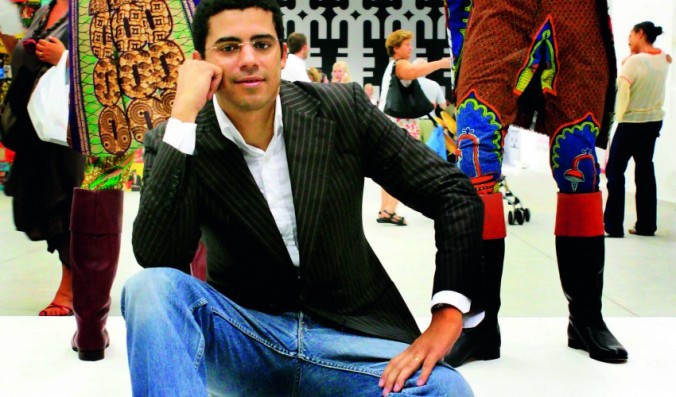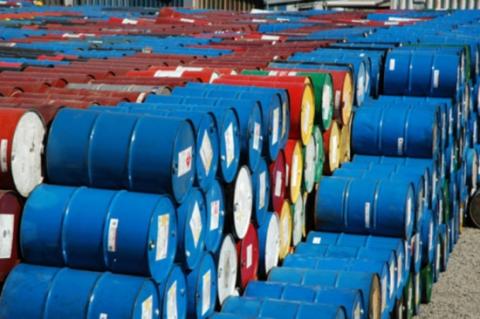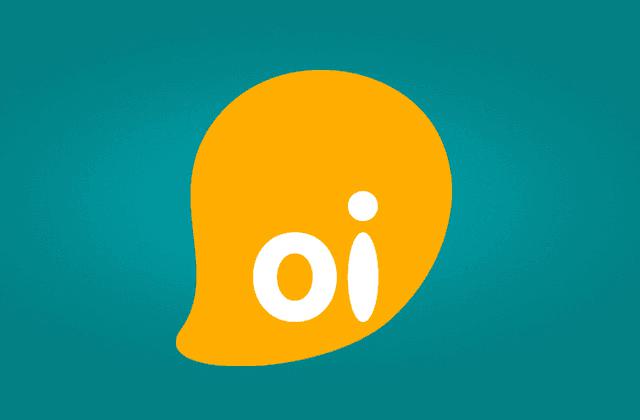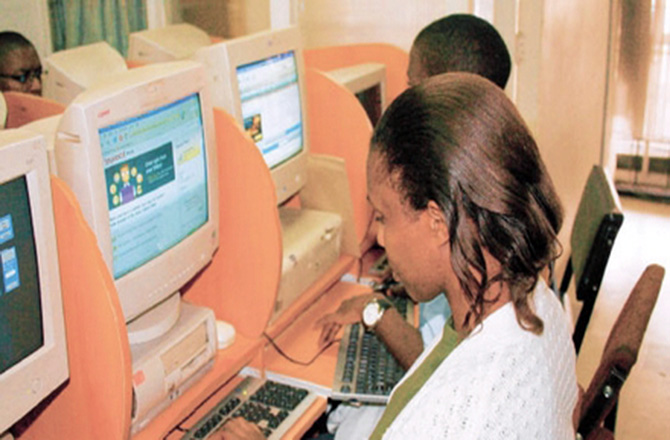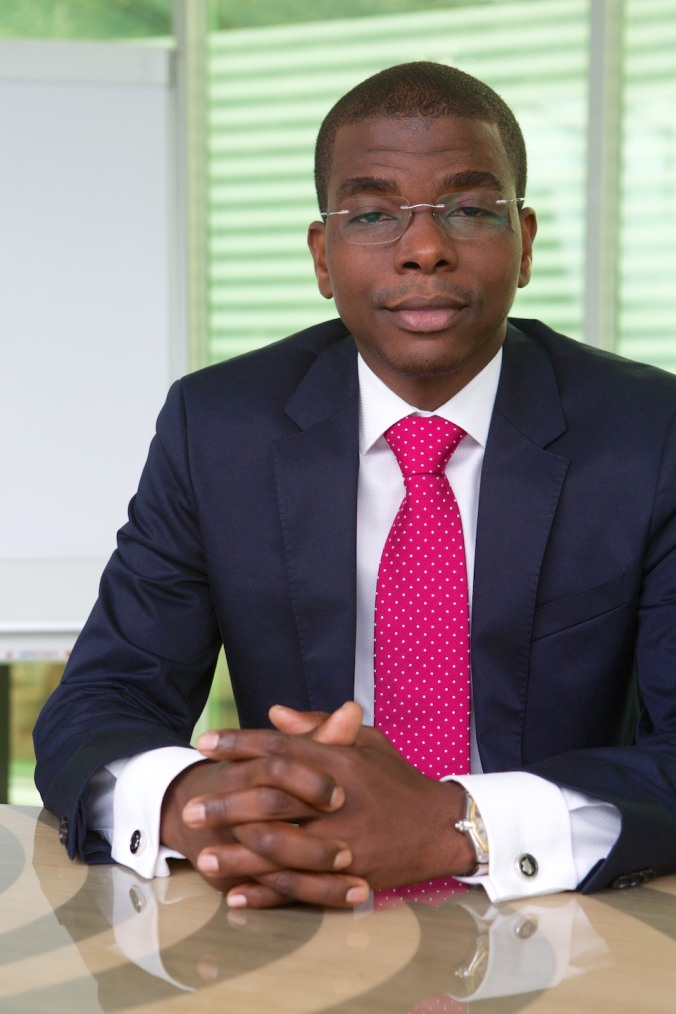
‘Forbes’ magazine contributor Mfonobong Nhese has interviewed Teodoro de Jesus Xavier Poulson, a Member of the Investment Committee of FACRA who leads FACRA’s overall investment strategy and helps to source investment opportunities in Angola and across the Sub-Saharan African region. The resulting article, titled “Why You Should Invest in Angola?“, contains useful data and several hints that provide information to investors and companies interested in the Angolan market.
Fundo Activo de Capital de Risco Angolano (FACRA) is a Venture Capital firm backed by the Government of Angola, “that offers long-term financial investments to enable Micro, Small and Medium Enterprises and entrepreneurs in Angola to realize their business development potential”.
When asked by teh magazine what advice he gives to foreign companies lookin to set up in Angola, Teodoro Poulson is clear: “Any international company considering entering Angola or the wider Sub-Saharan Africashould take in to account that the region still has its challenges. Angola’s language is Portuguese and English is still not widely used. People educated to University level are more likely to speak English but companies should not make an assumption that they can operate in English all the time”.
“Foreign companies need to bear in mind that whilst Angola has its own sovereign wealth fund and other investment vehicles such as FACRA; it is a proud country that wishes to retain the nation’s wealth for future generations. Companies need to understand that they are there to not only make profits for themselves but to add value to the Angolan economy. Institutions like FACRA wish to work with foreign companies that are keen to remain in the country for the long-term; to create jobs, raise the standard of goods and services and spread wealth through tax returns and paid employees” he adds.
As Mr. Poulson also explains, the advantage of having FACRA into the process is that the institution is “able to provide capital to businesses through a venture capital model, taking a minority share of the business. FACRA is also committed to providing business skills development that can help entrepreneursto achieve success in growing their businesses. These areas of support will range from financial planning to capacity building, talent attraction & retention and growth strategy.
FACRA’s investment will also strengthen an Angolan company’s debt-to-equity ratio – this will allow them to leverage further financing through commercial credits with a lower risk profile – and lower interest rate charges.
FACRA is also able to work with foreign companies, assisting them in entering the Angolan market. Foreign firms can expect to be introduced to the local supply chain and gain an insider’s perspective on how to do business in the country. Most importantly, FACRA can create strategic partnerships between growing Angolan businesses and foreign firms that wish to invest in Angola”.
The full interview, containing Mr. Poulson’s statements about “Angola’s economic potential, the business opportunities available in the country, and why investors from all over the world should take notice”, may be read in its full extent here.


